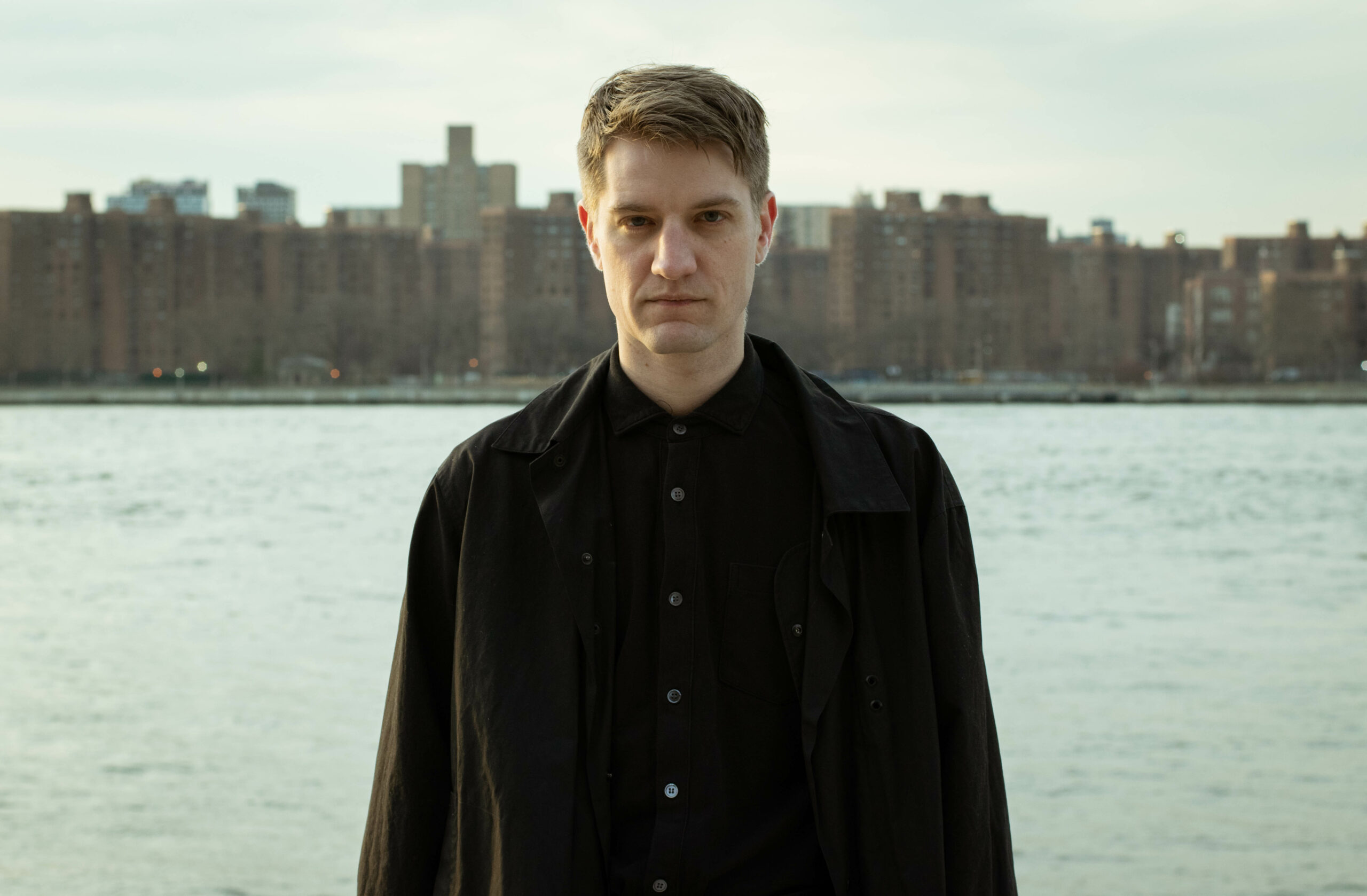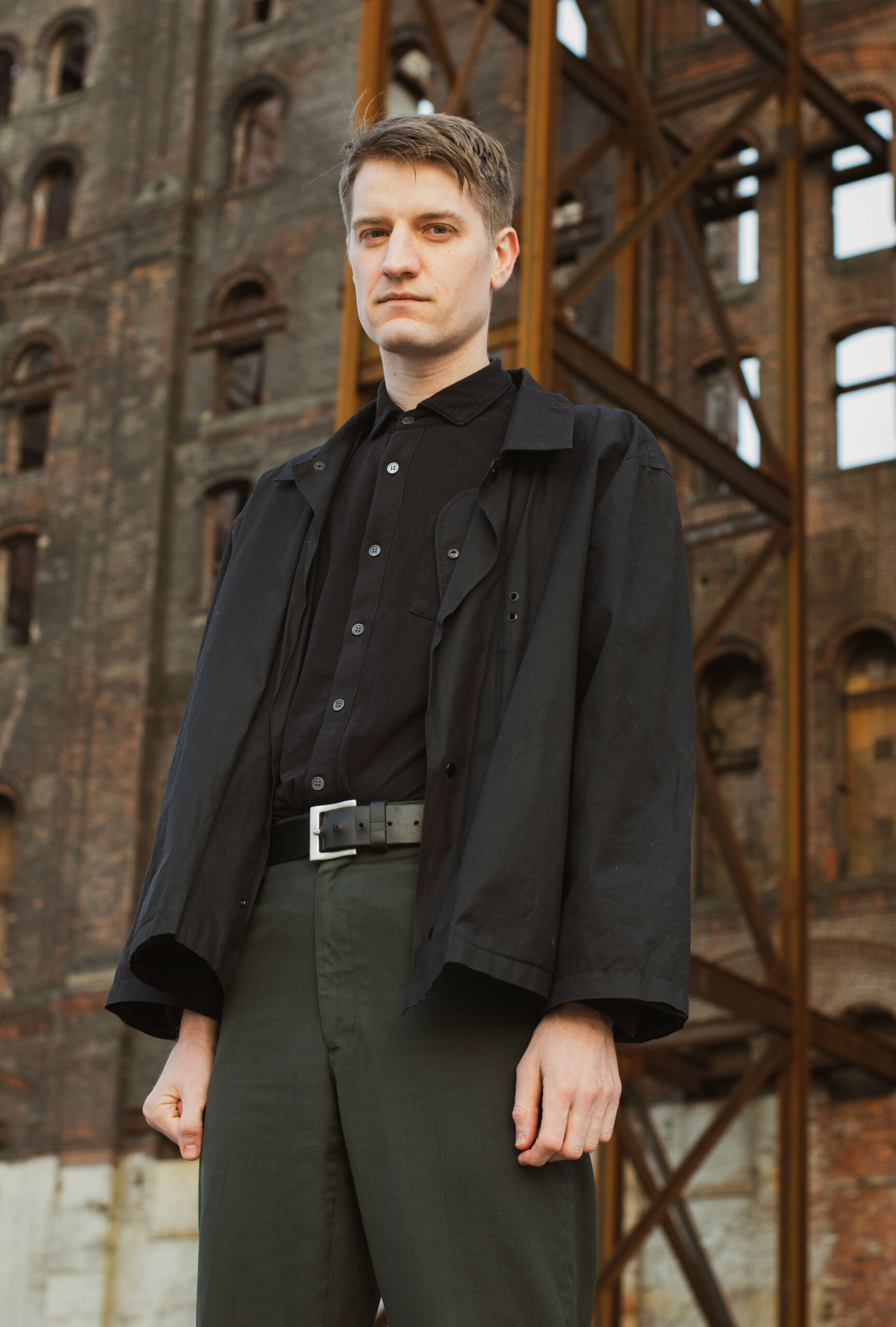On Container, the post-punk trio weld together Detroit techno and New York punk in an homage to frontman Velding-VanDam’s Midwestern upbringing.
Not too far from the AdHoc offices is Domino Park, a waterside recreation area built on the site of the old Domino Sugar Factory. Still towering over the river is the facade of the refinery, a brick ruin from the city’s industrial past. It’s here that we decided to take photos of Madison Velding-VanDam, the frontman of New York-based post-punk band The Wants. Which is only fitting, because just to the side of the old factory is a series of stacked shipping containers—not unlike the one where Velding-VanDam and drummer Jason Gates recorded and produced The Wants’ debut album, Container.
Container bridges the gap between Detroit’s techno heritage and New York post-punk. Largely inspired by Velding-VanDam’s upbringing in Michigan and his subsequent Midwestern homecoming, the album was written over a period of three years, as Velding-VanDam, Gates, and bassist Heather Elle worked carve out their own identity (Velding-VanDam and Elle also play in the post-punk band BODEGA). The result is an album that flexes its techno and industrial influences overtly; tracks like “Ramp,” “Machine Room,” “Aluminum,” and “Voltage” mimic factory sounds, while also incorporating post-punk hallmarks like spoken word singing.
Container explores larger themes of capitalism, consumerism, and materialism, but it’s mostly preoccupied with how these “isms” impact everyday life. On “Fear My Society,” the narrator responds to pressure by repressing his feelings and pushing his son to do the same. “I can feel my society is breaking me,” Velding-VanDam sings. “I turn to my son / tell him to man up / Will she love you if you’re a failure?” As much as Container channels the fear, anxiety, and anger endemic to life in America right now, though, it’s ultimately an album that centers the economic hardship of the Midwest.
“When I talk about that American element, it’s largely speaking to the homecoming that I’ve been going through and the Rust Belt where I grew up in Michigan,” Velding-VanDam told AdHoc. “My father, who passed away over the holiday, is from Grand Rapids. He was one of the main inspirations for the theme of the record in terms of that Rust Belt perspective. So it’s sort of poetic that he passed away right before the album.”
The ghosts of the past still haunt modern-day America—even when, like the Domino Sugar Factory, they become the basis for a 3 billion-dollar development project. What does it mean to be American? Who gets left behind as America redefines itself, and what are the consequences of this on a micro-level? The Wants grapple with these questions on Container—revealing along the way that there is more that connects us than not. Ahead of the release of Container, AdHoc sat down with Velding-VanDam to talk about how his late father inspired the album, the band’s influences, and what scares him.
Container is out now via Council Records.
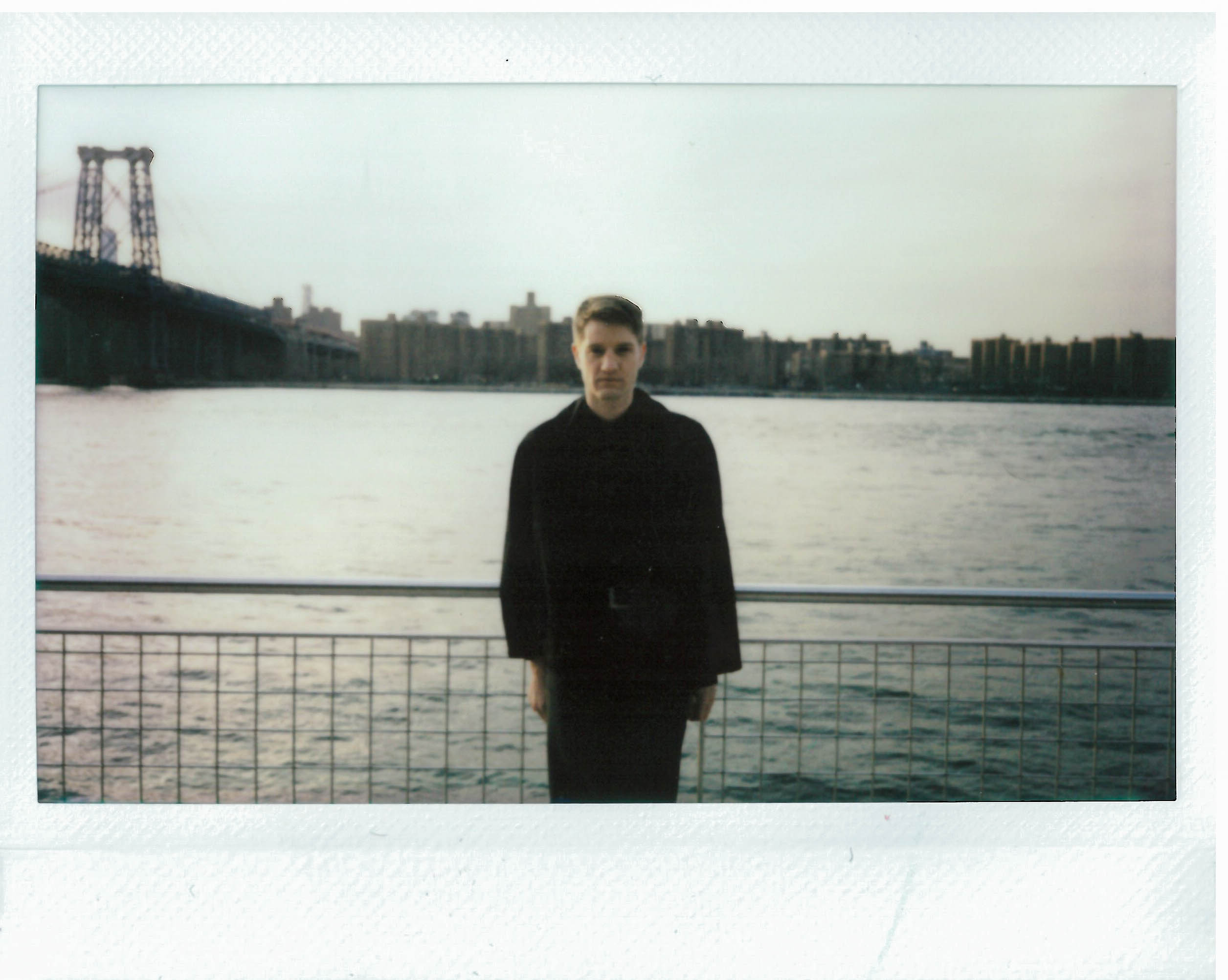
AdHoc: The press release for your album says it centers around American experiences, and you are about to head out on your second headlining tour in the UK. Do you think that’s a potential barrier for British audiences?
Madison Velding-VanDam: When I talk about that American element, it’s largely speaking to the homecoming that I’ve been going through and the Rust Belt where I grew up in Michigan. I grew up in Ann Arbor, but my mother now lives in Detroit, where I visit regularly. My father, who passed away over the holiday due to complications related to opioid addiction, is from Grand Rapids. He was one of the main inspirations for the theme of the record in terms of that Rust Belt perspective. So it’s sort of poetic that he passed away right before the album.
When I’m telling my story about my experiences and my family here—about the people who were left behind during the economic shift—it does connect with that economic experience over there. I think there’s also the added novelty that they like U.S. stuff, so they are sort of curious, and then there’s a long cultural connection.
You’ve mentioned that men should be encouraged to be more vulnerable. Do you think it’s easier for you to be emotional in songs than real life?
No, I think it’s easier for me to be vulnerable in real life than in songs. I see them as sort of perpetual documents, an isolation of truth, that may not represent me in the future. So I feel the pressure to get it right in a way that may also water it down. Lyrics take me the longest of everything because I feel the urge to simplify them into something that follows me rather than just capturing like a moment or a specific time.
But in regards to men being more vulnerable, I think I benefited a lot from having a single mother and someone who was really intent on [talking] about emotions. I think a lot of men, including my father, struggled with that. The isolation that came with that hurt them in the long run.
Was it immediately clear to you what the visuals would look like?
This entire album has been a really intense collaboration with my partner and girlfriend, Madison Caroll, who is an incredible photographer. We started this journey a little over a year ago—creating a vocabulary for the songs. I like to mull over stuff, look around, make different genre versions. But once everything is in place, there is that sort of epiphany moment, and I think that happened with the visuals.
“Motor” is a good example [of a song on this album where] I feel like I’ve caught the essence of what I wanted to say. I was looking at American iconography—as something that I don’t identify with. Lost Highway by David Lynch does a really good job of looking at the American underbelly through traditional icons that we find important and adding to that story. David Bowie sings “I’m Afraid of Americans” with Trent Reznor and does a great job of reacting to American culture in that way. I appreciate artists that do that, and I was looking at that type of reflection. For the visuals, more recently, Solange and Beyoncé are doing a really good job of taking Western icons and recontextualizing them.
A lot of the album is centered around consumerism. What was the last thing you bought?
The Red Giant Suite, which is a group of plug-ins for me to do color-correction on all of our videos. I did a green screen of the woman riding the motorcycles for the “Motor” video, and I’ve been spending so much time trying to basically teach myself TV-level green screen editing. That was probably my last big purchase. That Sapiens book, which I lost three times on tour. At every rest stop in the UK, I had to buy a new copy.
I don’t own a lot of things. Something about that simplicity of living maybe resonates with my generation. I think it’s a bit of snake oil that’s been sold to us—that materialism and consumerism are going to solve all of our problems. I think we’re seeing that’s not true.
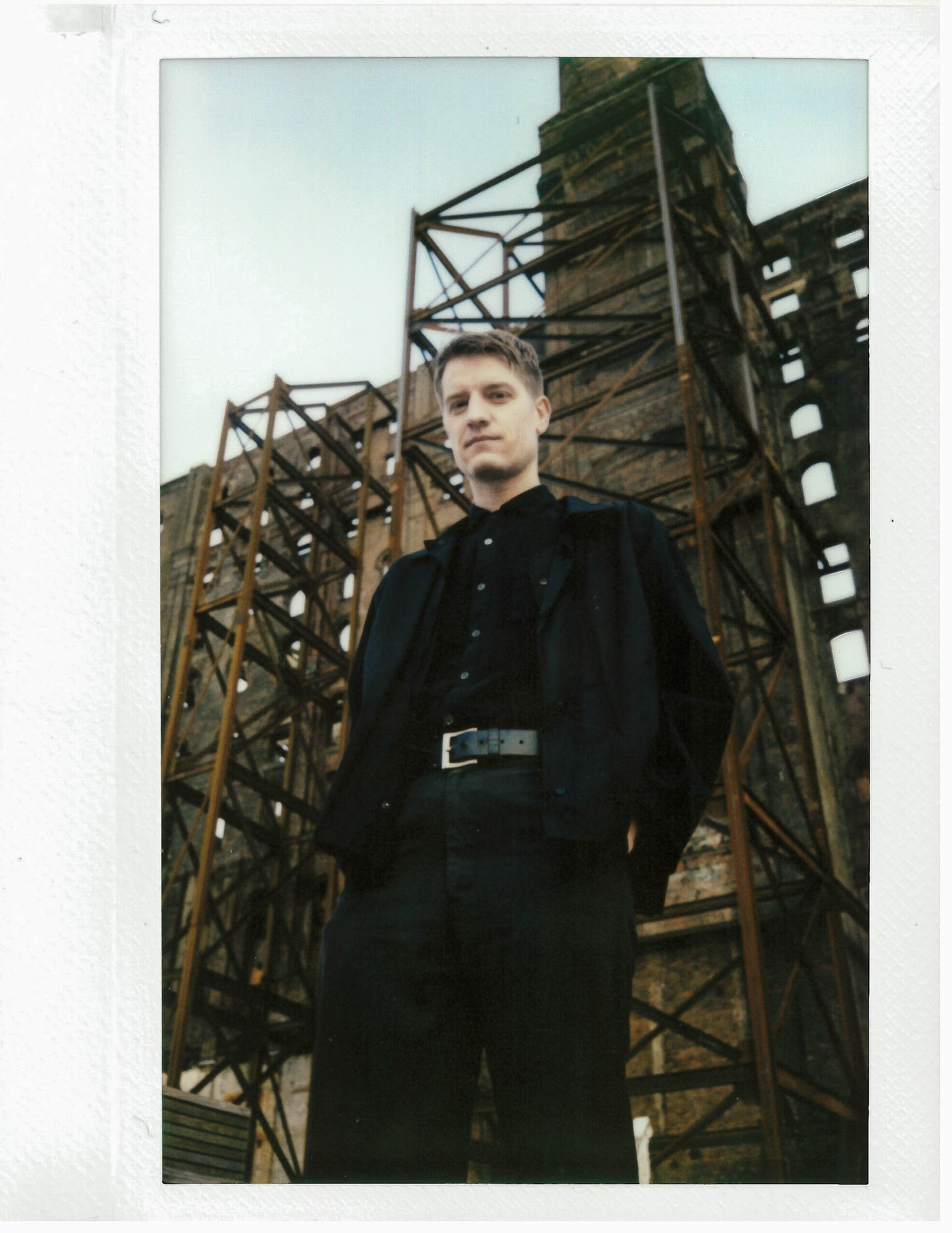
If “Motor” was the last song you wrote for the album, what was the first?
“Nuclear Party,” was the first song we wrote for this album and I think you can see that evolution of maturity level, maybe. The original concept of the record was influenced by that Dr. Strangelove scene in that crazy room with the maps, [where he is] deciding whether to bomb Russia—the idea that powerful people sort of relished in their ability to make despotic choices. For “Nuclear Party,” it was just about a villainous despotic leader thinking about how he was going to survive the nuclear war, but who didn’t mind pushing the trigger.
Do you tend to approach songwriting as a reflection of your experiences, or as a character?
Both the character and more earnest things are 100% me. You [have to] deal with anger and frustration, and I deal with it by writing songs. I am as curious about my reasons for having angry and frustrated thoughts as I am about having vulnerable thoughts.
You have a very distinctive stage presence. Could you tell me about your inspirations on that front?
When I watch these old videos of performers I love, like Gang of Four, they seem so invested in artifice—the performance and theater [of live music]. I think there’s something very timeless and powerful about that. I’m a little frustrated—I don’t love if people are being like “I’m your friend” on stage. It feels like it’s a different type of artifice that I would argue is manipulative. By being a character, I’m acknowledging that it’s theater and that you should enjoy yourself and feel okay.
Your sound has been described as dystopian. Do you find that’s a fair characterization?
Ken Burns said in the YouTube advertisement for his MasterClass that the job of the artist is to take you through hell and bring you back again. I think having the privilege to be comfortable and aware enough of myself to articulate unpleasant things. I can stay in myself and my day-to-day and engage with harder, scarier stuff. I think it’s my duty.
This band has a lot of energy and it’s danceable, and there’s a lot of excitement. I hope that juxtaposition isn’t missed. I’m not meaning to make downer stuff—just to engage with what’s unpleasant, but do it with the energy to get through it.
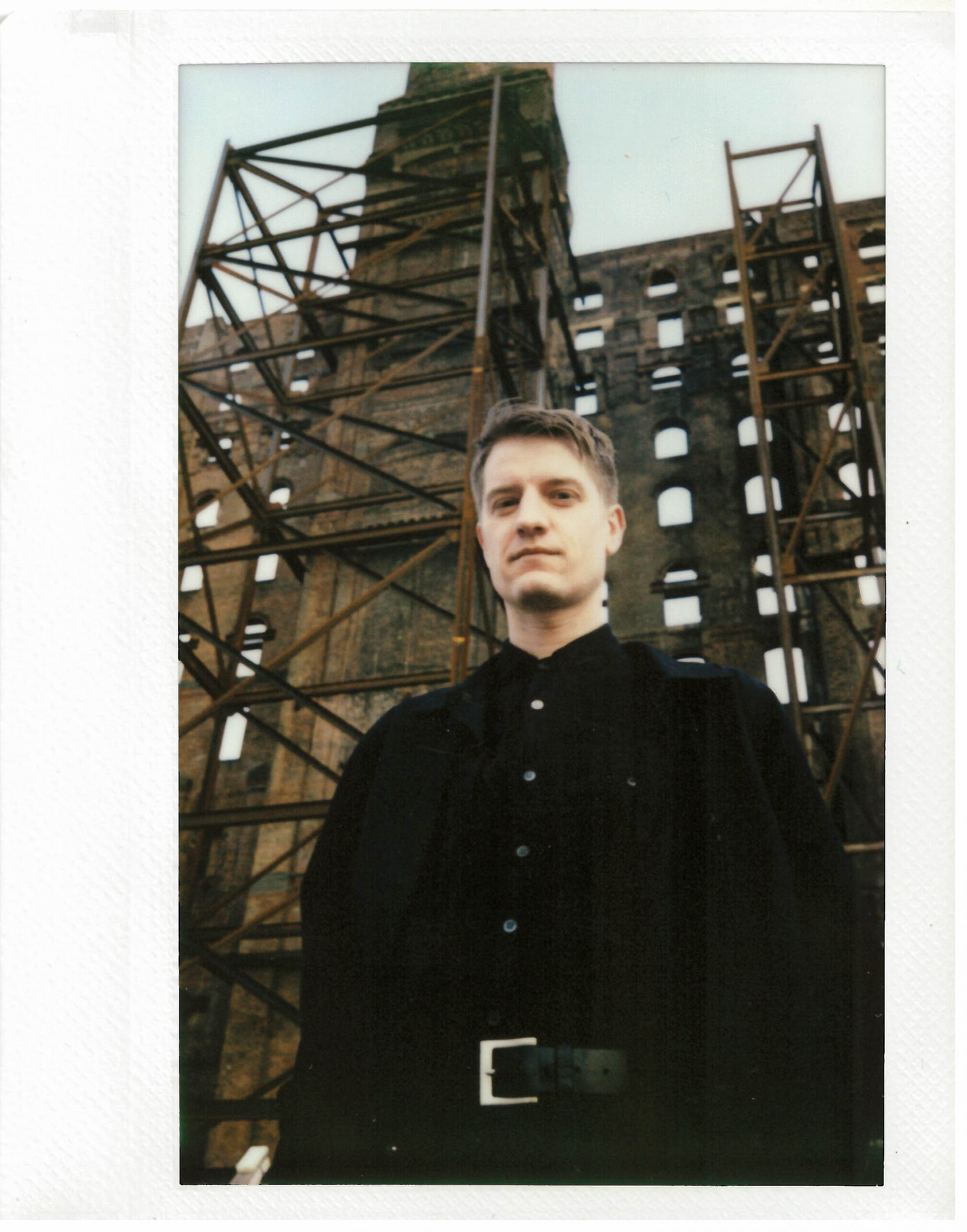
How did your band first come together?
The Wants has been around for about three years, but I don’t think we became ourselves until the last year. I’ve been making music in different bands with different names for a long time. So this is not the first try; it just feels the most natural.
We had finished a version of this record a year ago, started sending it around, and I think that revealed to us that we weren’t ready. There was a bit of a trend—the return of the New York post-punk sound—which is the core of what makes rock music good. But we were interested in stuff beyond that. Ambient Berlin techno-influenced stuff really starts to creep out [on Container], and it gives us the chance to go even further on our next record.
Why did you decide to include instrumental tracks?
We started to consider our live performance more connected with our recording process, whereas they were very distinct at first. We started to create segues between the songs that sort of recycled the themes. In our minds, I don’t think we were doing it on the traditional concept album level, but for us, it needed to have a concept.
The instrumental music—that’s an important facet. We love to make music and love soundtracks—Hildur Guðnadóttir’s The Joker soundtrack and the Chernobyl soundtrack. It would have been odd to not include that on the record because that’s something we really care about. We’d love to make soundtracks in the future.
I like how that song, “Voltage,” is so unresolved and kind of scary. It’s not a happy ending. It was performed completely live in our studio—the only song that was just a single live take, with no revision.
A lot of the album speaks to the American Heartland, and I was wondering if you feel a tension between the coastal cities and the Midwest.
The Midwest is my upbringing, and I am only now as an adult being able to see it as an outsider and reflect on it. I understand the Trump phenomenon more, and I’m interested in the idea of the global economy taking over, and how economists like to ensure that jobs aren’t being lost, but being created, and everyone’s doing fine. I think the people that lost jobs are going to be hard-pressed to get new ones, and learn skills later in life to do those things.
This experience was very much [channeled] through my projected lens of who I knew my biological father to be. He was not a Trump guy, but he was a part of the opioid epidemic. He suffered from the same drug addiction and alcoholism that many people suffer from in those areas. But he was also extremely hard-working, and it’s very painful to realize that that’s not enough. You need community, support, and infrastructure.
You’ve mentioned that for “Fear My Society,” you were looking to push “a step further towards what scares me.” What scares you now?
What scares me now is that I would end up like my father. “Fear My Society” is about him. It’s about the inherited trauma. In my mind, it’s a father talking to his son in a loop. What scares me is trying to be a part of the new generation of men that are better than the last, but not achieving it.
Check out the rest of the photos from the photoshoot below:
